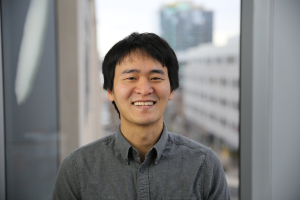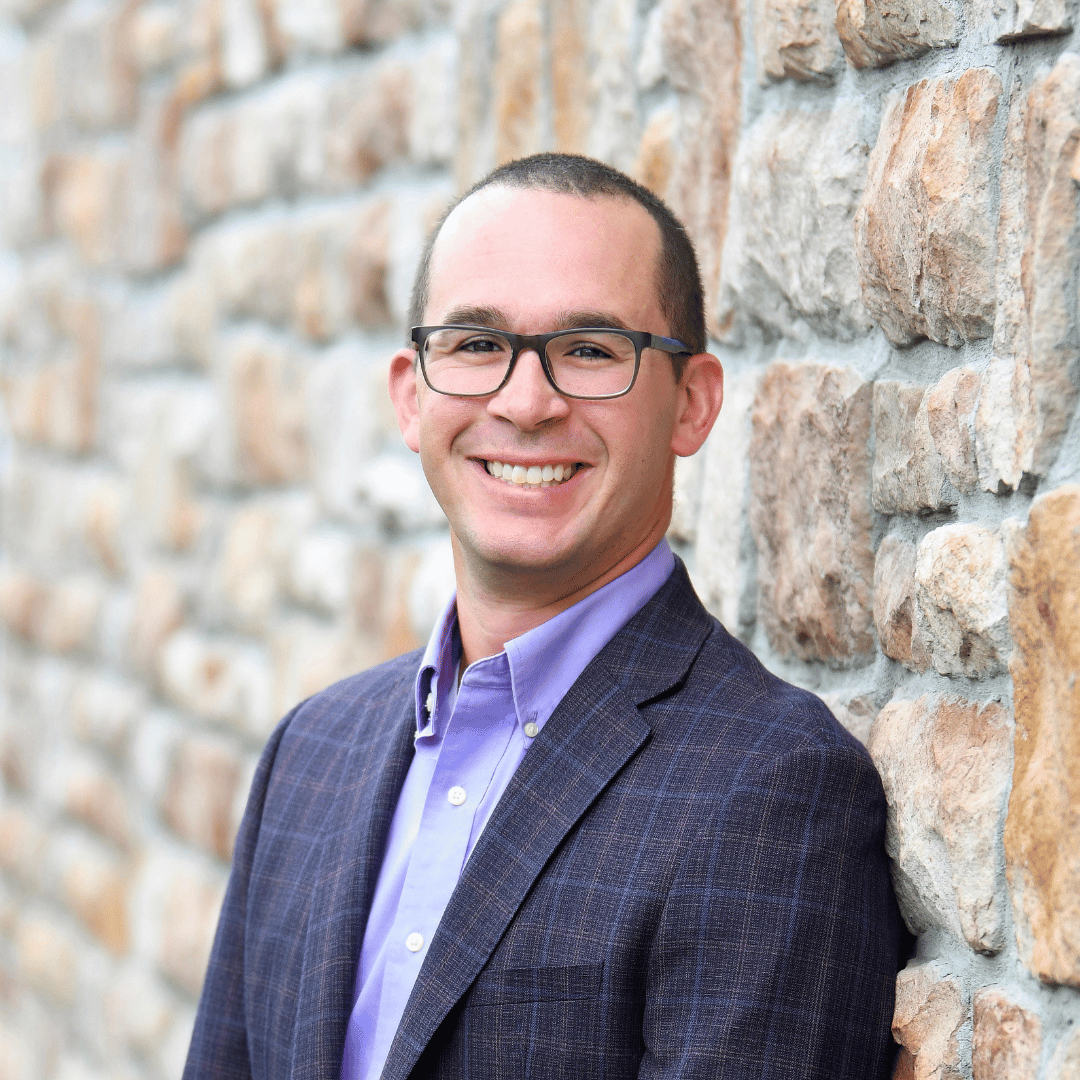News Story
New Faculty Spotlight: Alex Xu

The University of Maryland (UMD) is excited to welcome Alex Xu as Assistant Professor in the Fischell Department of Bioengineering (BIOE), beginning July 29. Xu is an accomplished researcher specializing in spatial biology methods applied to cancer research.
Xu earned his Ph.D. in materials science and engineering from Stanford University, where his research developed nanostructured tools for intracellular delivery in Dr. Nicholas Melosh's lab. Following his academic journey, he pursued postdoctoral fellowships at the California Institute of Technology (Caltech) and the Institute for Systems Biology (ISB), where he continued to grow his expertise in applying engineering principles to biological systems.
Xu’s notable recognitions include receiving the KL2 fellowship during his time at the University of California, Los Angeles (UCLA), where he studied the spatial biology of lymphomas and cell therapies. In 2021, Xu's research on different types of lymphoma, including Hodgkin Lymphoma and Diffuse Large B Cell Lymphoma, was recognized by the Career Development Award from the Tower Cancer Research Foundation. Additionally, he organizes a biweekly spatial biology seminar series and an annual spatial biology symposium, which recently held its second annual meeting.
“I've been at a small research institute or research hospital for the last 6 years, and each type of research environment has its strengths and weaknesses. At UMD, I saw an opportunity to combine the best of all worlds”
Alex Xu, Assistant Professor
Most recently, Xu served as a Research Instructor and Research Scientist in the Cancer Institute and Regenerative Medicine Institute at Cedars-Sinai, a U.S. News & World Report's top-ranked hospital for 2023-24. During his tenure, Xu utilized highly multiplexed spatial protein and transcript imaging methods to study the spatial architecture of cancer, particularly in cancer immunotherapy.
Now, Xu is establishing his own lab in Maryland to continue his research in spatial biology. On his transition to UMD, Xu says that the opportunity to collaborate between BIOE and the medical school at the University of Maryland, Baltimore (UMB) was an enormous draw for Xu to join the department. Here, he hopes to combine the strengths of various research environments and make significant scientific contributions by working closely with clinical samples and experts, including UMB’s physicians and oncologists.
 "I've been at a small research institute or research hospital for the last 6 years, and each type of research environment has its strengths and weaknesses. At UMD, I saw an opportunity to combine the best of all worlds,” Xu says.
"I've been at a small research institute or research hospital for the last 6 years, and each type of research environment has its strengths and weaknesses. At UMD, I saw an opportunity to combine the best of all worlds,” Xu says.
In his new role, Xu’s lab will focus on using spatial biology methods to study the tumor microenvironment and propose novel biomarkers and therapies. His research aims to construct a systems-level understanding of the complex interactions within human tissue, particularly in cancer. By capturing extensive information from intact tissue using multiplexed spatial technologies, his lab will work on identifying new spatial biomarkers to enhance clinical decision-making and propose innovative therapy hypotheses.
Published July 30, 2024






